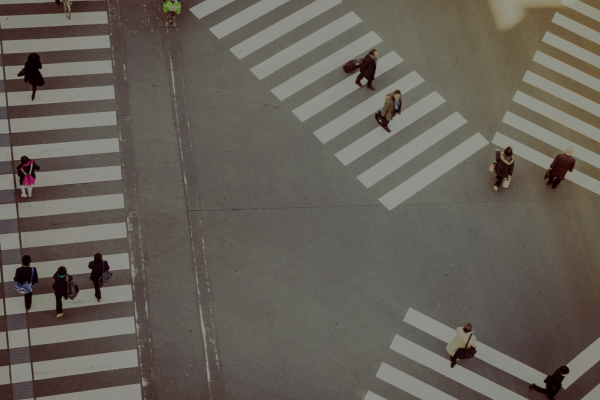Early in the course, probably in the first class, Professor Caldwell dropped a simple yet profound piece of knowledge on us that has stayed in my head ever since: "Racism is gender-specific.”
On a personal level, this statement affirmed what I already knew through life experience but hadn't given much thought: my experience of race and racism in a female body comes with a unique set of reactions and interactions that differs from that of the black men and boys in my life. In a similar way, I had to admit that there were certain expressions and negotiations of black life emanating from male embodiedness that I would never experience.
The hard part came in being able to acknowledge both to be true, intellectually and practically, without feeling like I had to suppress one part of my self in order to embrace another part of my self. On paper, it seems like the right thing to do to honor and respect differences within a group that has much in common. Yet what I have found in over twenty years of working in the social sector and in faith communities is that it is a rare thing when we are able to live this out in the real world.
Read the Full Article

